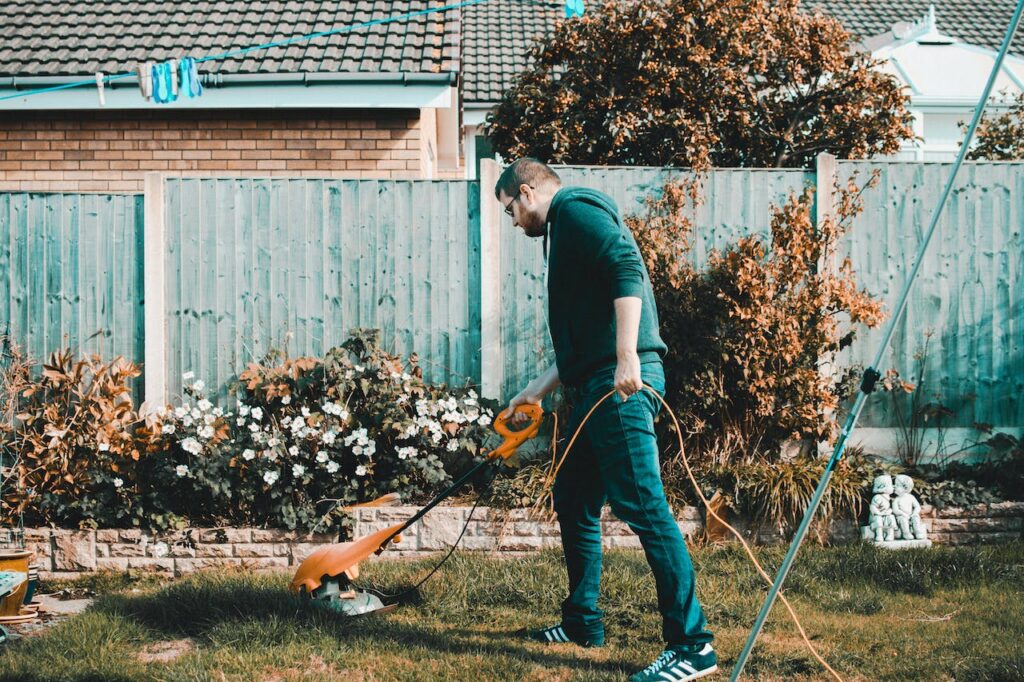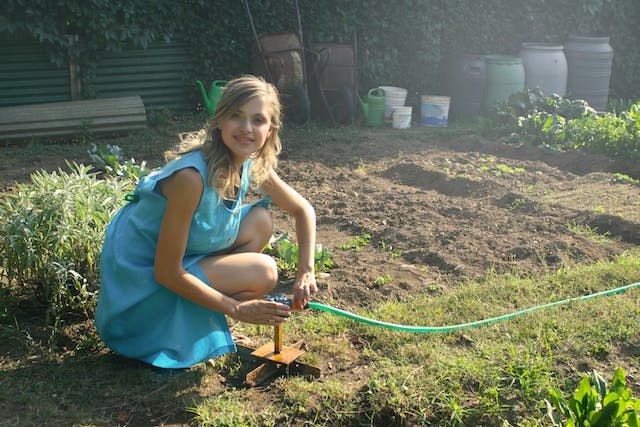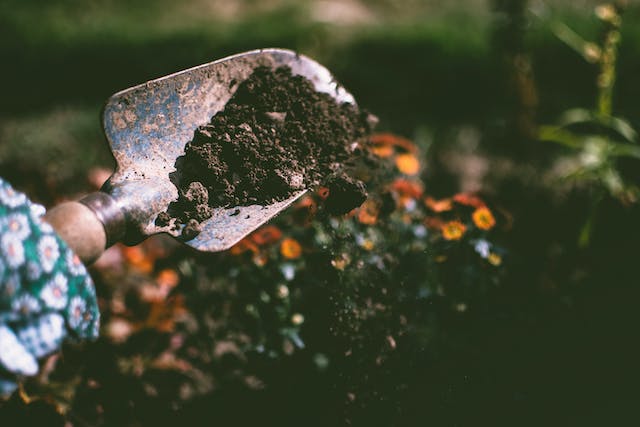Gardening is not only a therapeutic activity but also a rewarding one. Whether you have a small balcony garden or a spacious backyard, tending to plants and nurturing them can bring immense joy. However, if you’re looking to take your gardening experience to the next level, there are plenty of ways to enhance your skills and create a thriving garden oasis. For instance, knowing how to get rid of mint in garden can save you a lot of inconvenience. In this article, we’ll share some valuable tips and tricks to help you improve your gardening experience.
Understand Your Plants
 One of the most crucial aspects of successful gardening is understanding the specific needs of your plants. Different plants require different amounts of sunlight, water, and nutrients. Take the time to research and familiarize yourself with the requirements of each plant in your garden. This knowledge will enable you to provide the ideal conditions for their growth and ensure they flourish.
One of the most crucial aspects of successful gardening is understanding the specific needs of your plants. Different plants require different amounts of sunlight, water, and nutrients. Take the time to research and familiarize yourself with the requirements of each plant in your garden. This knowledge will enable you to provide the ideal conditions for their growth and ensure they flourish.
Plan and Design Your Garden
Before starting your gardening journey, consider planning and designing your garden space. Decide what types of plants you want to grow and where you want to place them. Incorporate elements like pathways, seating areas, or decorative features like trellises or garden statues. A well-thought-out garden design not only adds aesthetic appeal but also makes maintenance easier and more enjoyable.
Optimize Soil Health
Healthy soil is the foundation of a successful garden. Invest in high-quality soil and regularly amend it with organic matter such as compost, leaf mold, or well-rotted manure. Test the pH levels of your soil, as different plants thrive in different pH ranges. Additionally, consider adding mulch around your plants to retain moisture, suppress weeds, and improve soil fertility.
Embrace Companion Planting
Companion planting is the practice of strategically placing compatible plants together to benefit each other mutually. This technique helps control pests, enhance pollination, and maximize space. For example, planting marigolds near tomatoes can repel certain insects that damage tomato plants. Research companion planting combinations suitable for your garden and experiment with them to improve overall plant health.

Create a Watering Routine
Watering plays a crucial role in maintaining healthy plants. Establish a regular watering routine that meets the specific needs of your plants. Consider investing in automated irrigation systems or drip irrigation to ensure consistent and efficient watering. Additionally, water deeply but less frequently, allowing the roots to absorb moisture thoroughly and promoting stronger plant growth.
Incorporate Organic Pest Control
Pests are a common challenge in gardening, but resorting to chemical pesticides may harm beneficial insects and disrupt the ecosystem. Instead, opt for organic pest control methods like companion planting, introducing natural predators, using horticultural oils or insecticidal soaps, and regularly inspecting your plants for signs of infestation. These methods provide effective yet eco-friendly solutions.
Continual Learning and Experimentation
Gardening is a constant learning process, and there’s always room for experimentation. Stay updated with gardening trends, read books, join online communities or local gardening clubs, and attend workshops or classes. Share experiences and tips with fellow gardeners to broaden your knowledge and gain new insights. Embrace the opportunity to try new plants or growing techniques to keep your gardening experience exciting and innovative.

Conclusion
By following these tips and tricks, you can take your gardening experience from good to exceptional. Remember, gardening requires patience, dedication, and a genuine love for plants. With a little effort, attention to detail, and creativity, you can transform your garden into a thriving oasis that brings you both joy and a sense of accomplishment. Happy gardening!

